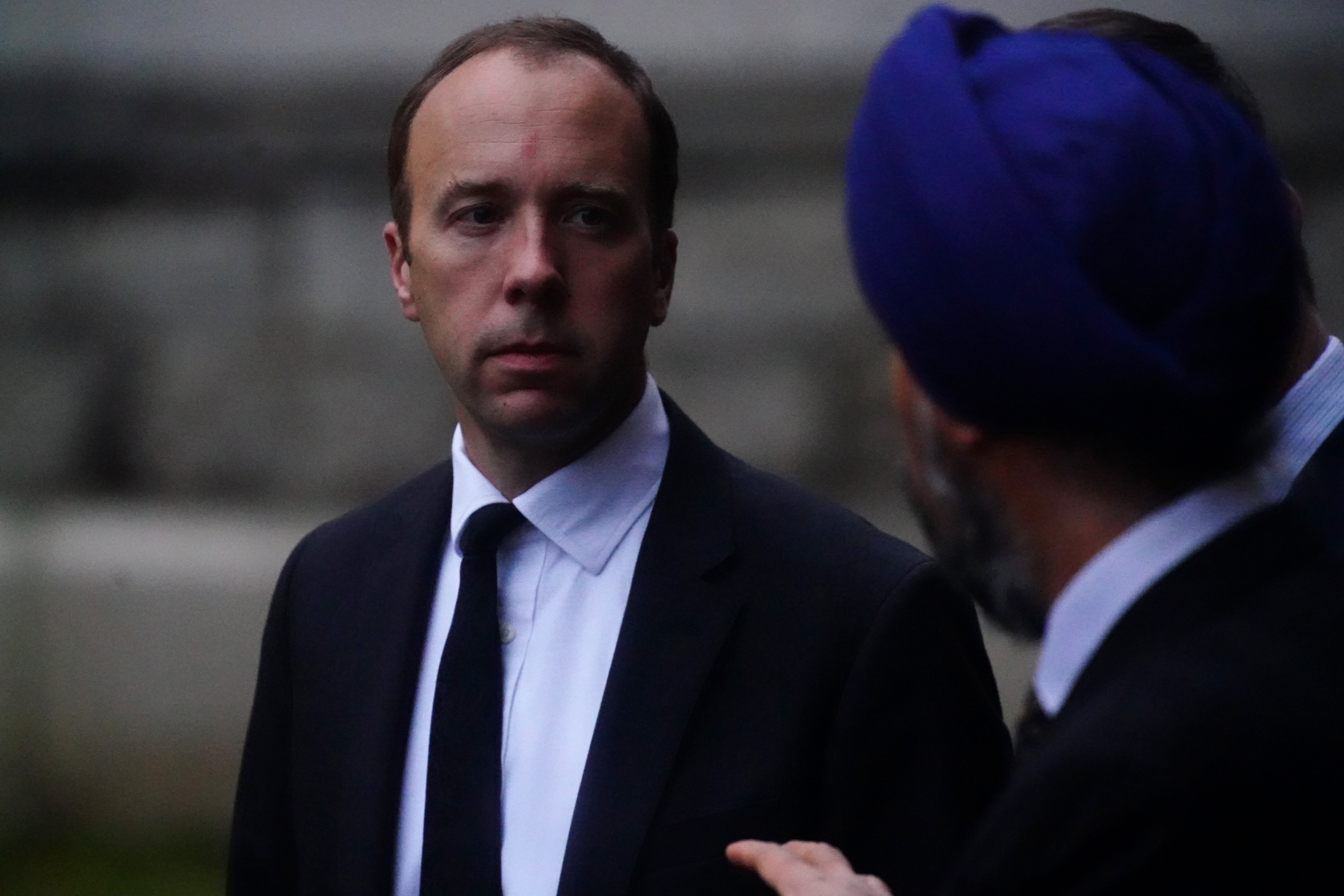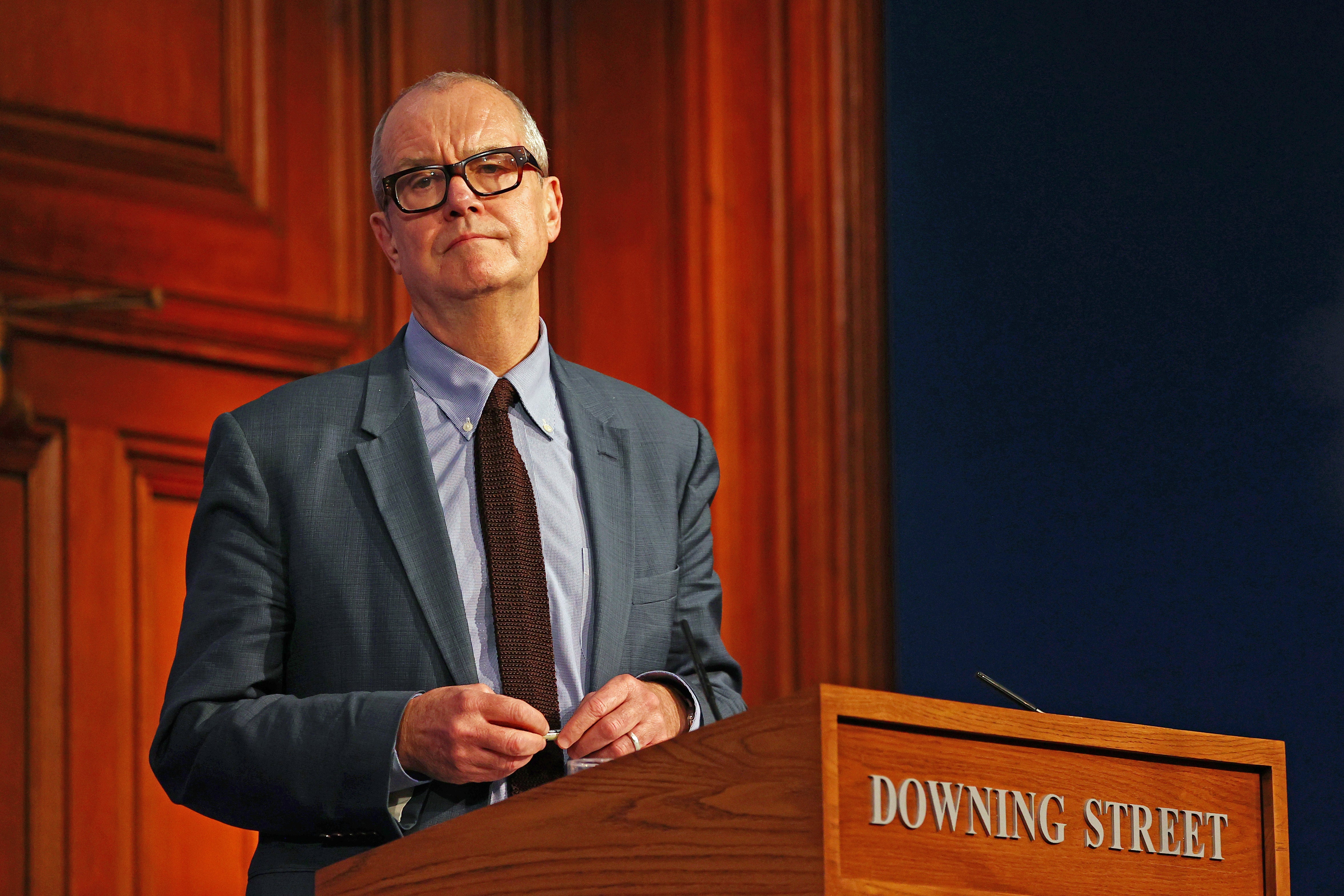
The High Court has ruled that Government policies on discharging untested hospital patients into care homes at the start of the coronavirus pandemic were “unlawful”.
It follows a legal challenge from two women whose fathers died during the first wave.
– What happened at the start of the pandemic?When the pandemic hit in early 2020, hospital patients were rapidly discharged into care homes in a bid to free up beds and prevent the NHS from becoming overwhelmed.
However, there was no policy in place requiring patients to be tested before admission, or for asymptomatic patients to isolate, until mid-April.
This is despite growing awareness of the risks of people without Covid-19 symptoms being able to spread the virus.
– What challenge was brought?
Cathy Gardner, whose father Michael Gibson died, and Fay Harris, whose father Donald died, took High Court action against the Health Secretary, NHS England and Public Health England.
Their fathers were put forward as representative of many other residents of care homes who died during the first wave of the pandemic.
The pair sought a declaration that certain policy documents had breached their fathers’ human rights, or that they were unlawful. They did not seek compensation.

– What have the judges ruled?
Lord Justice Bean and Mr Justice Garnham concluded that policies contained in documents released in March and early April 2020 were unlawful because they failed to take into account the risk to elderly and vulnerable residents from non-symptomatic transmission of the virus.
There was no evidence that the then-health secretary Matt Hancock or anyone advising him addressed the issue of this risk to care home residents in England, they said.
The “growing appreciation” of the “real possibility” of asymptomatic transmission “ought to have prompted a change in Government policy concerning care homes earlier than it did”, they said.
They added that it was “irrational” for the Government not to have advised that asymptomatic patients should isolate from existing residents for 14 days upon admission.
The judges rejected the claims by the women made under human rights legislation, and against NHS England.

– What was known about asymptomatic transmission at the time?
The risks of asymptomatic transmission were highlighted as early as March 13 by figures including the Government’s chief scientific adviser for England, Sir Patrick Vallance, who said it was “quite likely”.
A PHE paper was presented to the Scientific Advisory Group for Emergencies (Sage) in late January, who concluded that “asymptomatic transmission cannot be ruled out” in early February.
And a separate paper in early March suggested that ”pre-symptomatic transmission of Covid-19 constituted a very substantial proportion of all transmission”, the High Court was told.
In their ruling, the judges said it is not suggested that ministers “should themselves have been keeping on top of the emerging science”, but this would be expected of scientists advising Government.
Responding to the judgment, a spokesman for Mr Hancock said Public Health England had failed to tell ministers what they knew, and he wished it had been brought to his attention sooner.
Boris Johnson said they had not known that Covid could be transmitted asymptomatically “in the way that it was” and said he wished they had known more about it at the time.
– How have people reacted?
Bereaved families and care groups said the ruling proves the “protective ring” the Government said had been put around care homes was “non-existent”, a “sickening lie” and a “joke”.
Care groups said the sector had been “let down”, while Miss Harris said the Government’s actions had “exposed many vulnerable people to a greater risk of death”.
Mr Johnson said he wanted to “renew my apologies and sympathies for all those who lost loved ones during the pandemic”, while Mr Hancock said his thoughts were with the bereaved.
– What does this mean?
The ruling could pave the way for further legal action, Downing Street has acknowledged.
A spokesperson declined to speculate when asked whether there could be a mass compensation payout.
Michelle Penn, partner and head of care and occupational disease claims at law firm BLM, said the decision will likely have “far-reaching ramifications”.
She said it “arguably creates a precedent for other families to bring similar claims – including claims for personal injury – against the Government”.







